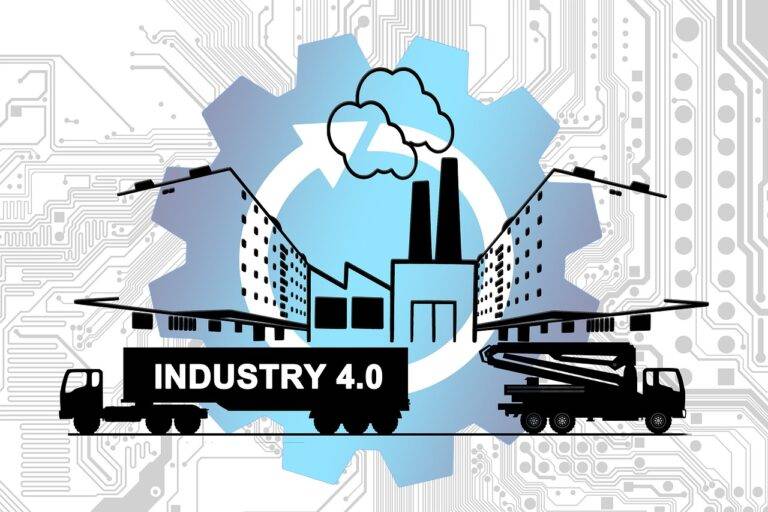The Impact of Tech on Food Security
One of the major challenges in ensuring food security is the impact of climate change on agricultural production. With unpredictable weather patterns, farmers are facing difficulties in predicting growing seasons and crop yields. Droughts, floods, and extreme temperatures are becoming more frequent, leading to decreased agricultural productivity and food shortages in many regions.
Another challenge is the lack of access to modern farming techniques and technologies in certain areas. Smallholder farmers, particularly in developing countries, often lack the resources and knowledge to adopt more efficient and sustainable agricultural practices. This limits their ability to increase crop yields, improve food quality, and adapt to changing environmental conditions. Addressing these challenges requires a holistic approach that includes investments in research and development, infrastructure, and education for farmers.
Role of Technology in Improving Agricultural Practices
Advancements in technology have revolutionized agricultural practices, offering innovative solutions to enhance crop yields and optimize resources. The integration of precision farming techniques, such as drones and GPS systems, allows farmers to pinpoint areas requiring attention, resulting in more efficient use of fertilizers and pesticides. Moreover, the use of automated machinery and robotics streamlines labor-intensive tasks, accelerating processes and increasing overall productivity on the farm.
Another notable technology shaping modern agriculture is biotechnology, which enables the development of genetically modified crops with improved resilience to pests, diseases, and harsh environmental conditions. These genetically modified organisms (GMOs) have the potential to address food security challenges by boosting crop yields and ensuring a more sustainable food supply. Additionally, the advent of sensor technology and data analytics provides farmers with real-time insights into soil health, weather patterns, and crop performance, empowering them to make informed decisions that optimize agricultural output.
How can technology help in improving agricultural practices?
Technology can help in improving agricultural practices by providing tools for precision agriculture, monitoring crop health, optimizing irrigation systems, and enhancing pest management strategies.
What are some challenges in ensuring food security?
Some challenges in ensuring food security include climate change, limited access to resources, lack of infrastructure, and fluctuating market prices.
How can farmers benefit from adopting technology in agriculture?
Farmers can benefit from adopting technology in agriculture by increasing their productivity, reducing input costs, improving crop yields, and gaining access to real-time data for better decision-making.
What role does data analytics play in modern agriculture?
Data analytics plays a crucial role in modern agriculture by helping farmers analyze trends, predict crop growth, optimize resource allocation, and make informed decisions to improve overall efficiency.
How can small-scale farmers leverage technology for better agricultural practices?
Small-scale farmers can leverage technology by using mobile apps for weather forecasts, adopting precision farming techniques, accessing online marketplaces for selling their produce, and integrating sustainable farming practices.





